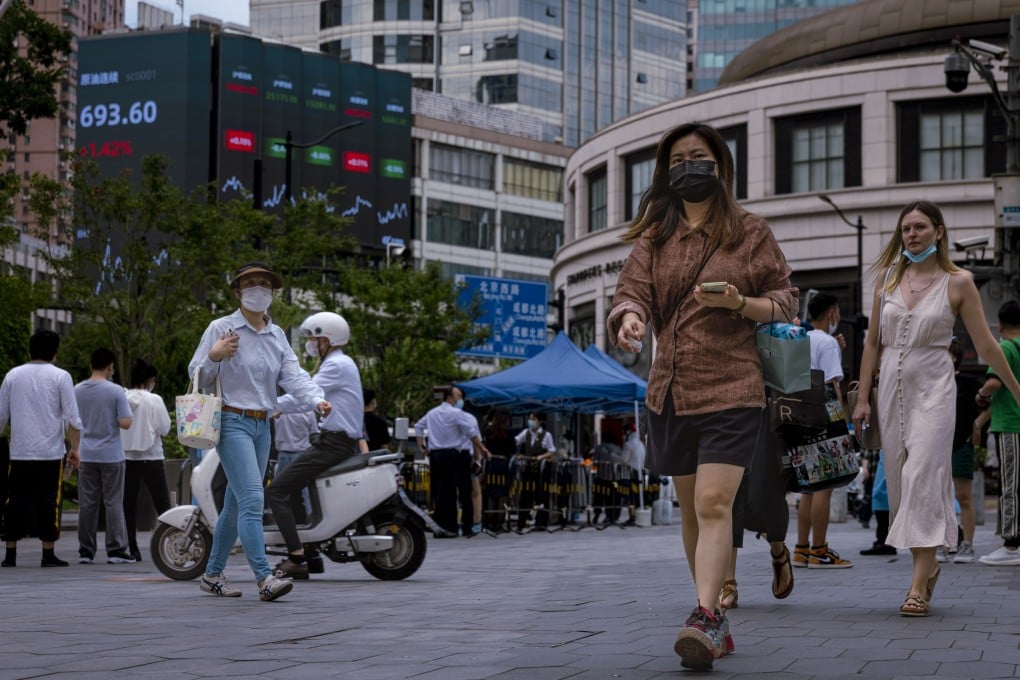Macroscope | As China’s economic challenges grow, will investors lose confidence?
- Although it’s looking increasingly unlikely that China will hit its 2022 growth target, Beijing is determined not to resort to aggressive stimulus
- Youth unemployment, the Henan banking scandal, property sector weakness, and China’s Belt and Road Initiative lending are all pressure points

After all, when it comes to addressing exposure to trades that don’t look quite as attractive as before, “the first cut is the cheapest”, as they say.
Admittedly, China’s State Administration of Foreign Exchange (SAFE) sounds confident. “Judging from recent performance, although the dollar has strengthened further, the yuan’s stability among other major currencies has become more prominent as the domestic economy picks up,” SAFE spokesman Wang Chunying said last week.
The regulator also expressed confidence that overseas demand for yuan-denominated bonds would continue to increase over the long term.
In truth, investors should expect SAFE to exhibit confidence. It would be a seismic shock to markets if it were anything but confident. But whether investors share the forex regulator’s optimism is quite another matter. When capital is at risk, it pays to be open minded, and let’s be under no illusions – Beijing currently has its hands full with a number of economic and financial issues.
